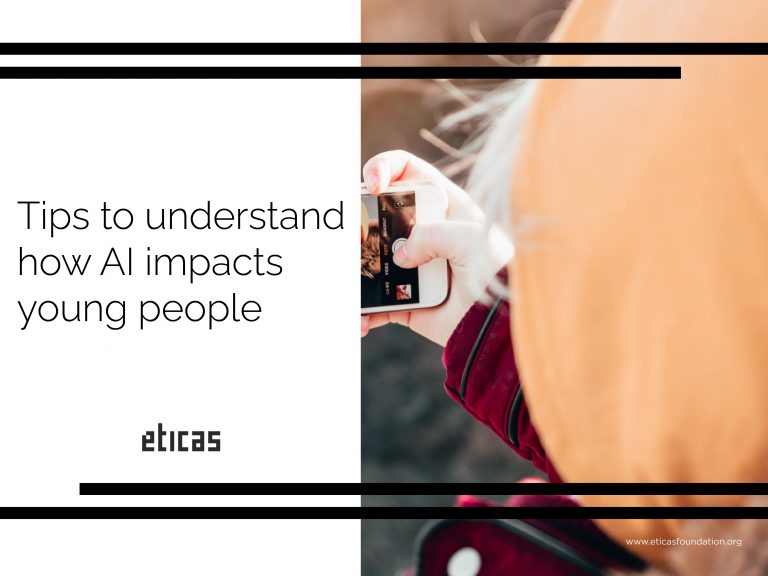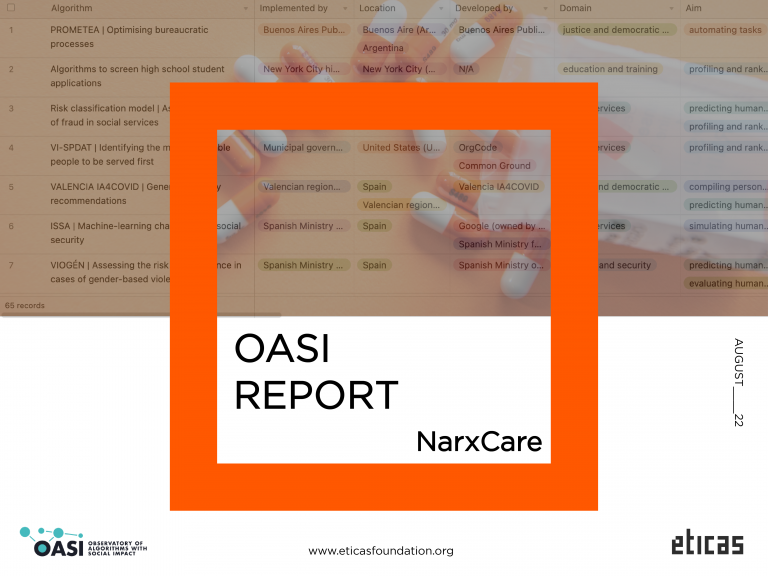
Online dating has a racial bias problem. African Americans are 10 times more likely to contact white people on an online dating platform than vice versa (McMullan, 2019). In 2014, OKCupid discovered that black women and Asian men had the highest probabilities to be rated substantially lower than other ethnic groups whereas Asian women and white men are the most likely to be rated highly (ibid).
Preexisting racial bias is only amplified by the algorithms used by dating sites. Researchers from Cornell University found that race plays a frequent role in assigning matches across dating sites, with nineteen of the sites requesting users to give their own race or ethnicity, eleven sites asking users for the preferred ethnicity in a potential partner, and seventeen sites allowing users to filter potential partners by race and ethnicity (McMullan, 2019). While most platforms say they do not take race or ethnicity into account, it’s impossible to determine if they use race or ethnicity as factors given the secrecy and proprietary nature of algorithms. However, some sites, like Tindr, for example, are rumored to index its users according to relative attractiveness, a subjective measure that is incredibly sensitive to society’s racial biases (ibid). Online dating apps’ race problem further evidences how structural biases can permeate algorithms regardless of intention.






